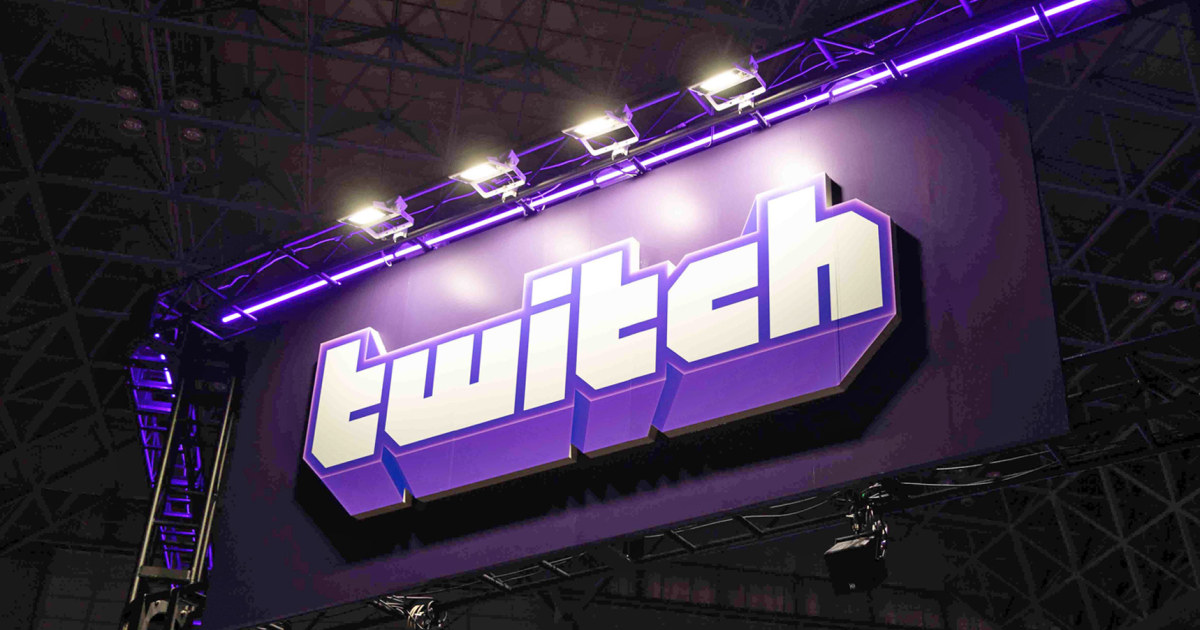
Twitch has revised its “ Hateful Content Policy ” to include “Zionist” as a potential slur following mounting criticism over Israel-Gaza war content on the platform. The platform announced the change in a blog post Friday , writing that “using the term ‘Zionist’ to attack or demean another individual or group of people on the basis of their background or religious belief is against our rules.” The platform said that, as part of its policy, it prohibits “the use of terms that may not be harmful or abusive in isolation, but can be used as a slur or to denigrate others in certain contexts.
” The term “Zionism” is often associated with a political movement that begun in the 19th century, prior to the founding of Israel, to create a nation-state for the Jewish people. “We recognize that ‘Zionist’ and ‘Zionism’ also refer to a political movement,” Twitch wrote in its blog post. “Using the term to refer to the political movement, whether in a supportive or critical way, does not violate our Hateful Conduct policy.
Our goal isn’t to stifle conversation about or criticism of an institution or ideology, but to prevent coded hate directed at individuals and groups of people.” The policy change comes after critics of the Amazon-owned streaming service — including lawmaker Rep. Ritchie Torres, D-N.
Y., and t he Anti-Defamation League — argued that hate toward Jewish people has prevailed on Twitch in the past year. When asked about the criticism, a spokesperson for the streaming platform previously referred NBC News to a Nov.
1 blog post in which Twitch CEO Dan Clancy reiterated that “hate and harassment have no place on Twitch.” Twitch is the latest social media platform to attempt to draw lines around acceptable speech related to the Israel-Hamas conflict. In July, Meta — which owns Facebook and Instagram — enacted a similar policy , changing its rules to restrict the use of the word “Zionists,” saying the term had often become a proxy for hate speech against Jews.
In recent years, Twitch has become a budding home for political punditry. Creators often stream debates over political issues, and some politicians — including Sen. Bernie Sanders, I-Vt.
, Rep. Alexandria Ocasio-Cortez, D-N.Y.
, and Minnesota Gov. Tim Walz — have made appearances in streams to discuss politics (while playing video games). Compared to other online platforms, Twitch had largely dodged controversies involving content over the war between Israel and Gaza — until this fall, when criticism online toward the platform began to escalate.
In October, Twitch was accused of disabling sign-ups for the platform from some users in Israel and the Palestinian territories. The platform issued an apology , writing that it had “temporarily disabled sign ups with email verification in Israel and Palestine” after Hamas’ Oct. 7 attack on Israel in order to “prevent uploads of graphic material related to the attack and to protect the safety of users.
” Sign-ups to the platform were not entirely disabled, according to Twitch, as users could choose to sign up with phone verification. However, the platform said it “inadvertently ..
. did not re-enable email verification sign ups for either region.” Also in October, Twitch had issued a 30-day ban to a group of streamers, many of whom are Arab, for “hateful conduct” during their panel discussion at TwitchCon in San Diego in September.
Twitch had similarly issued a 14-day suspension to an account run by Zack “Asmongold” Hoyt after he made comments about the death of Palestinians in Gaza, saying they come from an “inferior culture.” Hoyt posted a video response walking back the comments. He also posted a statement on X, writing , in part, “Of course no one deserves to have their life destroyed even if they do things or have views I find regressive.
” Clancy, Twitch’s CEO, wrote in his November blog post that the platform does not condone “racism, hatred, or harassment of any kind, including antisemitism and Islamophobia.” He said Twitch works “hard to ensure that our community is a safe place.”.














